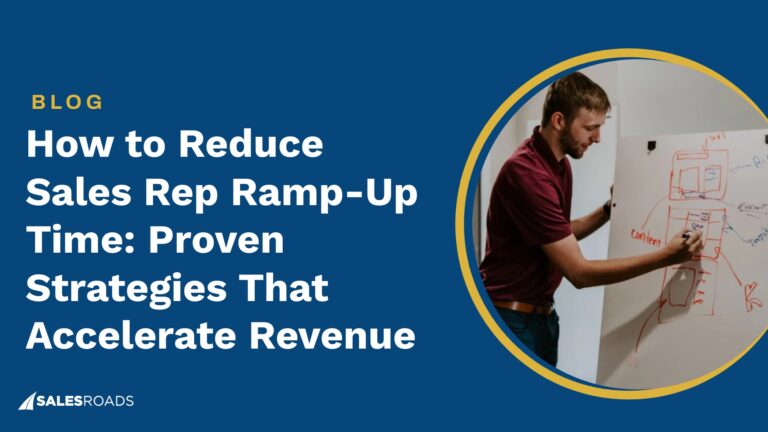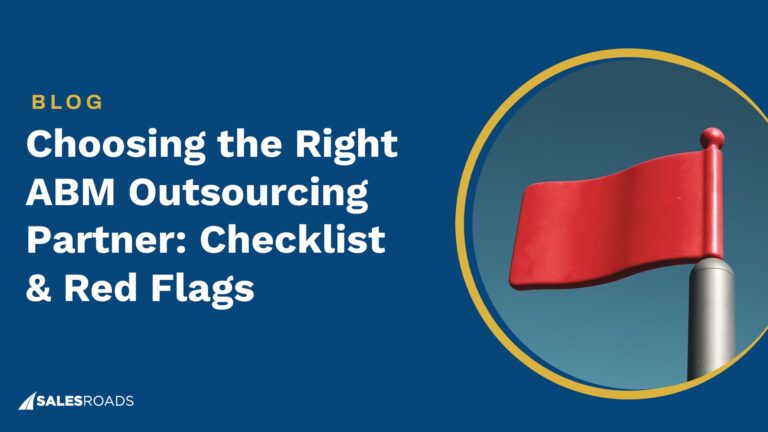The meaning of B2B sales is business-to-business (B2B) sales, which is the act of selling products or services to other businesses, rather than directly to consumers. This can encompass a wide range of industries, from tech companies selling software to manufacturers supplying parts.
B2B Sales vs. B2C Sales
While we explored the meaning of B2B sales earlier, understanding how it differs from Business-to-Consumer (B2C) sales is crucial.
B2B sales focus on selling products or services to other businesses. Here’s how B2B sales differ from B2C sales:
- Target market: B2B sales target specific businesses within a particular industry (B2B market), while B2C sales target individual consumers.
- Sales cycle: B2B sales cycles are typically longer and more complex. B2B sales reps need to navigate multiple decision-makers within a company and build strong relationships with them.
- Sales process: Success in B2B sales hinges on a well-defined sales funnel that educates potential buyers through the buying journey.
- Sales tactics: B2B sales reps may utilize various tactics to connect with target customers. Marketing teams generate leads and qualify them through content marketing, email marketing, and other strategies, while sales teams can also generate leads through outbound tactics and convert them as customers.
Steps of the B2B Sales Process
The B2B sales process, unlike B2C sales, involves a series of well-defined stages that nurture leads and convert them into loyal customers. This process is crucial for success in the B2B market.
Here’s a breakdown of the typical B2B sales process:
Prospecting and Lead Generation
This initial stage involves identifying potential buyers within your target market, such as healthcare, manufacturing, or FED and SLED industries. Sales reps utilize various strategies like in-depth research, industry events, and cold calling, to generate a list of qualified leads.
Qualification
Not all leads are created equal. According to Marketing Sherpa’s B2B Benchmark Report, 73% of B2B leads need more nurturing before they’re ready for sales.
The qualification stage involves assessing a lead’s fit for your product or service. This might involve asking questions to understand their needs, budget, and decision-making authority. Only qualified leads progress further in the sales funnel.
Needs Assessment
B2B sales reps delve deeper into the qualified leads’ specific challenges and pain points. This stage involves active listening and asking insightful questions to understand their unique business needs.
Proposal Stage
Armed with the knowledge gained from the needs assessment, sales reps create a compelling proposal showcasing how your B2B product can solve their problems and deliver value. This might involve presentations, demos, or case studies that resonate with the potential client’s specific situation.
Handling Objections
It’s common for potential customers to raise concerns or objections during the sales process for several reasons, such as budget limitations, lack of trust, or urgency. A study by Invesp found that 60% of customers say “no” four times before they ever say “yes.”
B2B sales reps need to be prepared to address these objections effectively and have expertise to turn these concerns into opportunities.
Closing the Deal
The closing stage is where the sales rep negotiates the final terms of the agreement and secures a commitment from the buyer. Effective communication and negotiation skills are crucial here.
Common Examples of B2B Sales
The world of B2B sales encompasses a diverse range of transactions that fuel various industries. Some real-world examples can help you illustrate the meaning of B2B sales.
Here are some examples of B2B sales:
- A company creates innovative project management software and sells subscriptions to marketing agencies, streamlining their workflow and boosting efficiency.
- A supplier provides essential car parts to a major car manufacturer, ensuring a steady flow of materials for production.
- A consulting firm offers human resource expertise to other businesses, helping them optimize their recruitment and talent management strategies.
- A wholesale distributor delivers bulk office supplies like paper and toner cartridges to various companies, keeping their operations running smoothly.
- A tech company offers cloud storage solutions to businesses of all sizes, enabling secure and scalable data management.
- A marketing agency partners with other businesses to develop and execute targeted advertising campaigns, driving brand awareness and customer acquisition.
B2B Sales Strategies
By understanding the B2B market and implementing effective sales strategies, companies can build a strong customer base and achieve their sales goals.
Here’s your roadmap to conquering the B2B sales landscape:
Know Your Ideal Customer
Develop a clear buyer persona outlining your ideal customer’s characteristics, needs, and challenges. This understanding fuels all your sales efforts, from crafting targeted content to personalizing outreach.
Conduct market research and leverage sales intelligence tools to understand the specific challenges and pain points your ideal customer faces.
Analyze past sales calls, customer support interactions, and success stories to glean valuable insights into what resonates with your ideal customer.
Multi-Channel Prospecting
B2B sales success hinges on a strategic blend of tactics that nurture leads and convert them into loyal customers. Don’t limit yourself to a single approach.
Implement a multi-channel prospecting quota for reps, encouraging them to utilize a combination of social selling, content marketing, and cold calling to reach their targets.
Personalize Every Interaction
Generic messaging falls flat. Personalize interactions throughout the sales cycle, from initial outreach to presentations. Tailor your approach to each prospect’s specific needs and situation.
Research the prospect’s company and personalize your outreach by referencing their recent news, challenges, or industry trends.
Focus on Your Value Proposition
Features don’t win deals – benefits do. Translate your product or service’s features into tangible outcomes that directly address the prospect’s pain points and contribute to their business goals.
Whenever possible, quantify the value proposition with data or case studies. Show the prospect how your solution has helped similar businesses achieve specific results.
Businesses care about return on investment (ROI). Frame your value proposition around the positive impact your solution will have on the prospect’s bottom line and overall efficiency.
Bottom Line
What does B2B sales mean? It refers to business-to-business sales, the selling of products or services from one company to another, rather than directly to consumers. This encompasses a wide range of transactions, as seen in our examples of B2B sales.
Understanding the meaning of B2B sales and the key differences between B2B and B2C sales is crucial for success. B2B sales typically involve longer and more complex sales cycles, with multiple decision-makers within a company to navigate.
By implementing effective strategies like multi-channel prospecting and a focus on value proposition, businesses can win deals and achieve sustainable growth in the B2B market.










